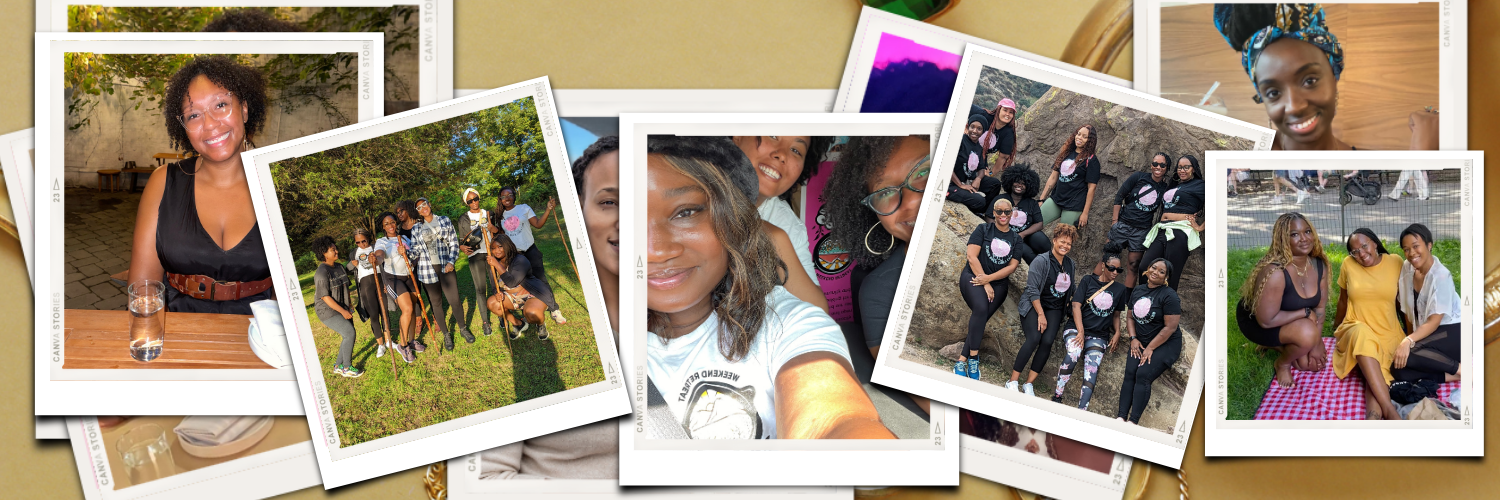August 28, 2022
by Khadi A. Oluwatoyin
When I entered the recovery realm, many of my life disappointments were centered around the notion that I was “different” from the rest of society and destined to fall into addiction.
I was made to believe that any life choice(s) or decision(s) would have led me to a church basement with a cup of coffee in one hand and a plethora of stories of how unmanageable my life had become in the other.
It has been four years since I entered recovery and though I believe that there are factors that make some people more susceptible to substance abuse than others, I also believe that my (former) values, beliefs, and lack of healthy coping mechanisms manifested into my addiction.
Unbeknownst at the time, my addiction began in the summer of 2017. I had just graduated from law school and was working for a mid-size law firm while living in a beautiful apartment. I was driving the car of my dreams and was making a decent salary, yet I was unhappy. Nothing felt good enough and I drank to manage my thoughts and numb my feelings. I self-medicated with alcohol until I couldn’t and sought soon help after.
While in recovery, I learned that my constant state of sadness was the result of having low self-esteem and a lack of self-awareness and actualization. For years I based my identity on my accomplishments and on the thoughts of others. I believed I was beautiful because people said I was beautiful. I believed I was intelligent because my professors gave me good grades. I took awards and accolades very seriously. For approximately 15 years, my life consisted of being the best (or at least trying to be) in my classes, afterschool programs, dance company, gymnastics team, soccer squad, and places of employment. My sense of identity was shaken when I left the educational setting and entered the 9-to-5 workforce.
For the first time since I could remember, my life focused on a single event – work. It felt dull and uninspiring. I was a new attorney and spent most of my time writing briefs for more experienced attorneys. I hardly went to court but when I did, it was to file paperwork. I typically went to happy hour after work. If I was too sad to drink with other people, I went straight home and drank alone. Drinking seemed like my only option. Looking back, I could have picked up a hobby, but (at the time) the thought of doing anything that didn’t bring me tangible awards or acknowledgment was unfathomable. The idea of going home to “rest” was too.
In hindsight, my life was difficult long before my relationship with alcohol began. My beliefs and values did not affirm who I was as an individual or a person. I cultivated my identity on productivity, consumption, and how others perceived me. Thus, it was difficult to perceive myself as a person worthy of unconditional love, mutual interests, genuine connections, and harmony.
However, I can say without a doubt that life, for me, would have been much more difficult if I continued to drink while trying to navigate my strenuous relationship with self. The hangovers, upset stomach aches, and lingering sense of doom would have kept me in a cycle that prevented me from reaching my truths.
Low self-esteem is not the only challenge that leads many into addiction. Though death and grief are common themes in the human experience (and have been since the beginning of time), many people still fall into addiction after losing a loved one. I understand that nothing can truly prepare us for the death of a family member or friend, but I think we should be able to cope with such events without losing ourselves in booze. In the past, our ancestors saw death as a transitional state. Death was a time for grieving, without shame, and rejoicing. Today, most of us find it hard to let go and surrender to what we are feeling. We mask our pain with drugs, alcohol, food, and sex.
The problem is not much thought or care is placed on human experiences that do not involve production and capitalism. I grew up avoiding uncomfortable feelings (and centering work) rather than facing them.
Since middle school, I moved through the world consistently wanting what I didn’t have and neglecting what I did have. Gratitude was a foreign concept, and staying present was a challenge. I was fixated on what life would be like for me as a college student and graduate, mother, and wife.
I couldn’t accept life on life terms and always felt like I had to curate my experiences. Failure wasn’t an option and I wanted to get it right all of the time, every time. I was hard on myself, which resulted in being vicious to others. I took losses too seriously and exploded anytime something didn’t go my way.
My life was unpleasant long before I took my first sip of alcohol, but I did not recognize that until my life became less eventful and I was subconsciously forced to examine my mental and emotional processes. Addiction didn’t make my life hard, it made it harder, and until we get honest about our values and experiences with low-self esteem, capitalism, discrimination, illnesses, failure, losses, and the unknown we will continue to (mistakenly) believe that we are destined for misery with no capacity to shape and determine our future.



